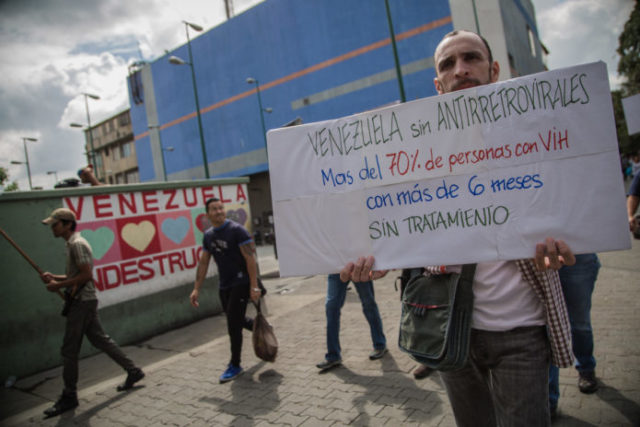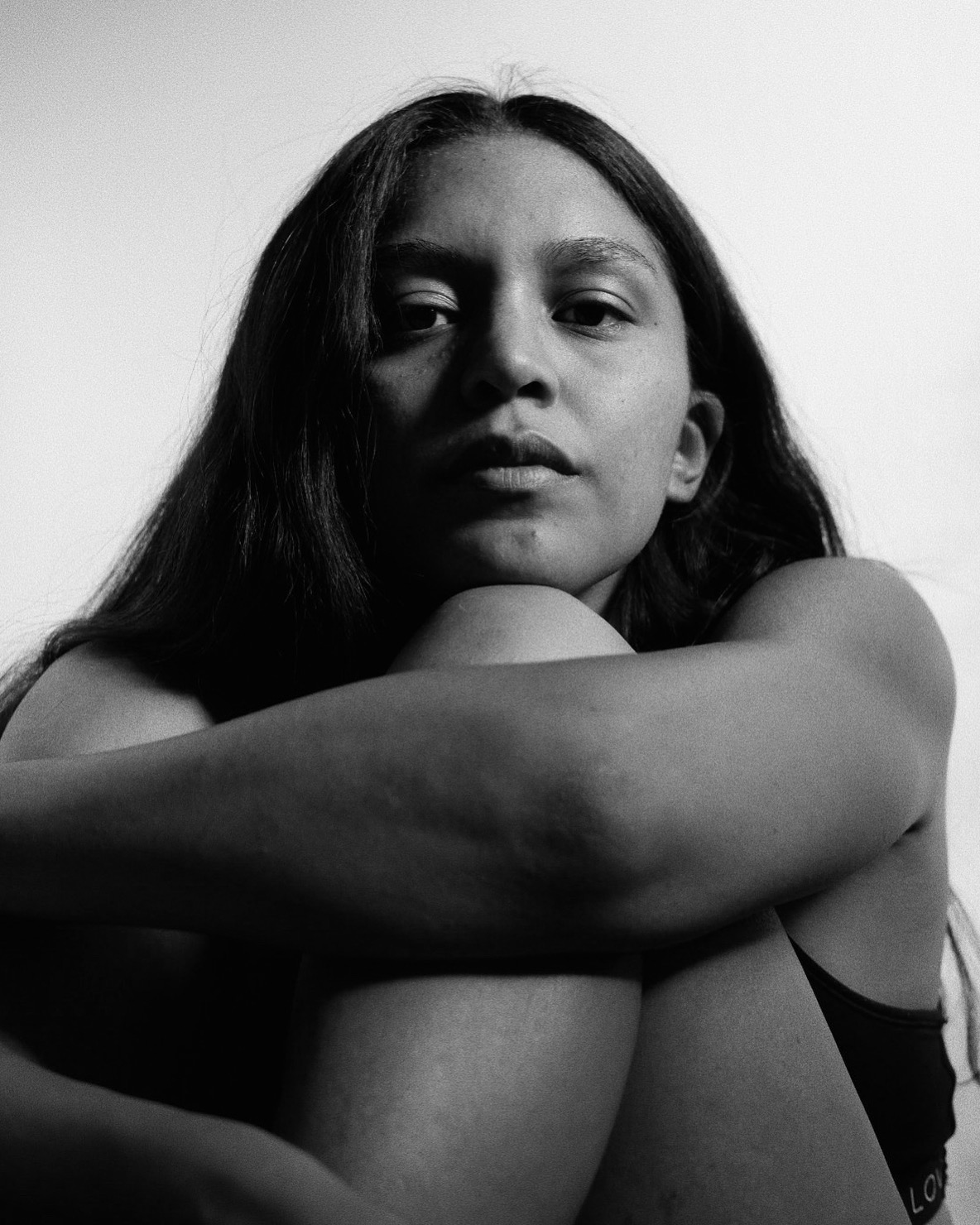July 18, 2019 | Current Events
(Caracas, July 18, 2019) Venezuela’s de facto government has falsified the contents of a recent resolution passed by the United Nations Human Rights Council, claiming that it rejects the imposition of unilateral coercive measures against the country. However, the document’s text makes no mention on this subject.
On July 15th, the State Media System broadcast the news that, with 28 votes in favor, 14 against, and 5 abstentions, the UN Human Rights Council had passed a resolution submitted by Venezuela, “in favor of strengthening international cooperation in the field of human rights to counter sanctions imposed by the Government of the United States against the Venezuelan people.” The first reference was publicized a day before, when Jorge Arreaza, Minister of External Affairs, shared on his twitter account: “Venezuela, through the Presidency of @MNOAL_NAM, submitted a resolution to further International Cooperation and reject Unilateral Coercive Measures (Sanctions) to the UN Human Rights Council. The Resolution was passed with broad support from member States.”
[Tweet from Jorge Arreaza M with two images]
Then, Nicolás Maduro himself tweeted: “I appreciate the resounding support from the member states of the UN Human Rights Council, for the resolution submitted by the Mnoal presidency in favor of Venezuela. A victory that spreads international cooperation and rejects imperial sanctions.”
[Tweet from Nicolás Maduro with two images]
The press notes from Miraflores were spread through national and international media. However, when taking a deeper look into these different messages, they do not cite the resolution’s text, but only interpretations from Nicolás Maduro’s de facto government officials. Nevertheless, when reviewing the text of the resolution itself published on the official portal of the UN Human Rights Council, we can corroborate that this resolution discusses a different subject.
A resolution was submitted with the title “The contribution of development to the enjoyment of all human rights” to the 41st session of the UN Human Rights Council, by 33 countries, including Venezuela, on agenda item 3: “Promotion and protection of all human rights, civil, political, economic, social and cultural rights, including the right to development,” which was passed in the end. The words ‘sanctions’, ‘unilateral coercive measures’ and ‘blockade’ do not appear in the body of the text. There is also no description of any country’s particular situation. Instead, the proposal focuses, in a generic manner, on the role of cooperation in development for the enjoyment of human rights, a subject that is widely contended on the international level. The resolution ends with 16 affirmations, the first one reads: “Reaffirms the significant contribution of development to the enjoyment of all human rights by all.” The complete resolution text can be viewed at https://documents-dds-ny.un.org/doc/UNDOC/LTD/G19/210/98/PDF/G1921098.pdf?OpenElement (English version).
Several NGOs have denounced the de facto government’s systematic policy of falsifying information, categorizing their reports as “State pathological lying.” With this fake news, Nicolás Maduro attempts to mitigate the impact of the UNHRC High Commissioner’s Report on the serious violations occurring in our country, trying to justify the consequences of the Complex Humanitarian Emergency, that began appearing in the country as of 2013, with the financial sanctions approved as of 2017.
Provea has expressed their rejection of the imposition of coercive financial measures against the country as they aggravate the pre-existing crisis that affects wide sectors of the population, stimulating the forced migration of Venezuelans. However, they support the increase and intensification of individual international sanctions against violators of human rights.




